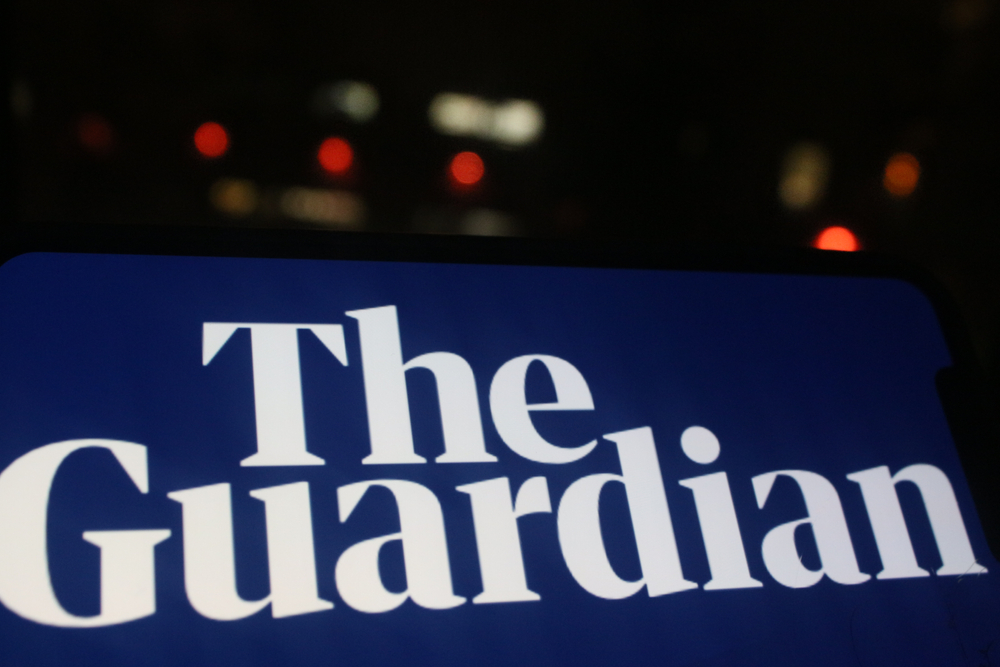In a bold move that has sparked controversy within journalistic circles, the Scott Trust, which owns The Guardian, has confirmed the sale of The Observer to the digital media startup Tortoise Media. The deal, which is expected to reshape the future of the world’s oldest Sunday newspaper, comes just hours after a wave of strike action by journalists at the publication, protesting the transaction.
This sale represents a dramatic shift for The Observer, which has been under the ownership of the Scott Trust since 1993. Founded in 1791, the newspaper has a long and storied history, and the decision to sell it to a fledgling company has not been without significant backlash.
The Scott Trust’s Strategic Move
The Scott Trust, an entity that has long safeguarded the editorial independence of The Guardian and The Observer, is making Tortoise Media one of its largest shareholders in the deal. A £25 million investment in Tortoise will see the Trust take a significant stake in the six-year-old startup, as well as a seat on its board. Tortoise, which prides itself on offering "slow news" that digs deeper into stories, will now play a major role in shaping The Observer’s future.
Tortoise Media’s founder and editor James Harding expressed his enthusiasm over the acquisition, stating, “We are honored and excited to work together to renew The Observer.” Harding, who is a former director of news and current affairs at the BBC, promised that Tortoise would breathe new life into the storied newspaper, with a renewed focus on liberal, progressive journalism that aligns with The Observer’s legacy.
A Controversial Decision Amid Strikes
However, the sale has not been met with unanimous approval. Just days before the announcement, scores of The Observer journalists went on strike in protest, raising concerns over editorial independence and the future direction of the newspaper under new ownership. The strike, which lasted for two days, has sparked a heated debate about the changing landscape of the media industry and the role of legacy publications in the digital era.
While the Scott Trust has brushed aside these concerns, claiming that Tortoise Media is the right partner to help rejuvenate The Observer, many within the industry are questioning the wisdom of such a move. Some have pointed out that Tortoise's relatively small size and startup status could struggle to maintain the rigorous editorial standards that The Observer has long been known for.
A Pioneering New Partnership
Despite the controversy, the deal reflects the Scott Trust’s commitment to securing a long-term future for The Observer, which has faced challenges in recent years, including the decline of print media and the increasing dominance of digital news. According to Ole Jacob Sunde, chair of the Scott Trust, the deal was necessary to create a sustainable platform for The Observer’s next phase.
“We knew we needed the right combination of resources and commitment to build a new platform for The Observer,” said Sunde. “It required an ally to be sufficiently funded, long-term in nature, and respect editorial independence and liberal values. I believe we have found this in Tortoise Media.”
The move is seen as part of a wider trend within the media industry, where legacy publications are increasingly turning to digital-first media companies for financial support and strategic direction. Tortoise Media, which has grown rapidly since its founding in 2018, is backed by a range of investors who are keen to challenge traditional media models and bring a fresh approach to news.
Related: Bluesky: The New Social Media Platform Tops 20 Million Users
The Future of The Observer and Tortoise Media
For The Observer, the next few years will be pivotal. Tortoise has big plans for revitalizing the brand, but it remains to be seen how well they can balance innovation with the historic values that readers of The Observer expect. While Harding is confident that Tortoise’s editorial approach will resonate with the publication's loyal audience, the future of The Observer’s content and its journalistic standards remains uncertain.
The deal is also noteworthy because it represents a shift in the broader media landscape. Tortoise’s growing influence in the media world reflects the changing nature of journalism, where independent, innovative startups are playing an increasingly significant role in the digital news ecosystem.
In a world where traditional media outlets are struggling to keep pace with the rapid evolution of digital news, partnerships like this one could become more common. For now, The Observer is at the forefront of this change, making a bold leap into the hands of a company determined to reshape how news is delivered.
Uncertainty Lingers Amid the Deal
While the deal is expected to be finalized in the coming days, questions remain about the future of The Observer. The Scott Trust’s promises of long-term stewardship will likely be tested in the months and years ahead, as Tortoise Media works to establish itself as a dominant force in the media industry.
Further strike action could also be on the horizon, as journalists at The Guardian and The Observer continue to voice concerns about the direction of their publications. The deal has highlighted the growing tensions within the media industry, where traditional values of editorial independence and journalistic integrity are increasingly coming into conflict with the demands of modern media business models.
For now, the future of The Observer lies in the hands of Tortoise Media, and all eyes will be on how this ambitious media startup handles the weight of such an iconic British institution.











